No.09
So here’s the final piece of this experiment. We bring in a whole new group of naive Harvard students and we say, “You know, we’re doing a photography course, and we can do it one of two ways. We could do it so that when you take the two pictures, you’d have four days to change your mind, or we’re doing another course where you take the two pictures and you make up your mind right away and you can never change it. Which course would you like to be in?” Duh! 66 percent of the students, two-thirds, prefer to be in the course where they have the opportunity to change their mind. Hello? 66 percent of the students choose to be in the course in which they will ultimately be deeply dissatisfied with the picture. Because they do not know the conditions under which synthetic happiness grows.
The Bard said everything best, of course, and he’s making my point here but he’s making it hyperbolically: “Tis nothing good or bad / But thinking makes it so.” It’s nice poetry, but that can’t exactly be right. Is there really nothing good or bad? Is it really the case that gall bladder surgery and a trip to Paris are just the same thing? That seems like a one-question IQ test. They can’t be exactly the same.
In more turgid prose, but closer to the truth, was the father of modern capitalism, Adam Smith, and he said this. This is worth contemplating: “The great source of both the misery and disorders of human life seems to arise from overrating the difference between one permanent situation and another — Some of these situations may, no doubt, deserve to be preferred to others, but none of them can deserve to be pursued with that passionate ardor which drives us to violate the rules either of prudence or of justice, or to corrupt the future tranquility of our minds, either by shame from the remembrance of our own folly, or by remorse for the horror of our own injustice.” In other words: yes, some things are better than others.
We should have preferences that lead us into one future over another. But when those preferences drive us too hard and too fast because we have overrated the difference between these futures, we are at risk. When our ambition is bounded, it leads us to work joyfully. When our ambition is unbounded, it leads us to lie, to cheat, to steal, to hurt others, to sacrifice things of real value. When our fears are bounded, we’re prudent, we’re cautious, we’re thoughtful. When our fears are unbounded and overblown, we’re reckless, and we’re cowardly.
The lesson I want to leave you with, from these data, is that our longings and our worries are both to some degree overblown, because we have within us the capacity to manufacture the very commodity we are constantly chasing when we choose experience.
Thank you.
ボキャブラリー
piece: n. 一つ、1個
bring in: 持ち込む、取り入れる、呼び寄せる、引き入れる
naive: a. 世間知らずの、単純な、だまされやすい、うぶな、お人好しの
change one’s mind: 気が変わる、考えが変わる
make up one’s mind: 決心する
duh: exclam. へぇ、で、当たり前じゃん(わかりきったことに関する発言などをバカにして)
ultimately: adv. 結局、最後に、究極的には、
dissatisfied: a. 不満な、不満足な
the Bard: = the Bard of Avon エイヴォンの詩人【シェイクスピアをさす】
hyperbolically: adv. 大げさに、誇張して
gall bladder: n. 胆嚢【略】GB
turgid: a. 退屈でわかりにくい、大げさな、仰々しい
prose: n. 散文(体)【韻を踏んでいない通常の文体】
modern capitalism: 現代資本主義
Adam Smith: アダム・スミス[1723〜1790]イギリスの経済学者(解説)
contemplate: vt. 〜を熟慮する、じっくり考える、目論む
misery: n. 惨めさ、悲惨さ、不幸、貧困、苦痛
disorder: n. 不調、異常;混乱、乱雑;無秩序、騒動、暴動
overrate: vt. 〜を過大評価する
deserve: vt. 〜を受けるに値する、ふさわしい、して当然だ
pursue: vt. 〜を追求する、追跡する、追いかける
passionate: a. 情熱的な、熱烈な;短気な、怒りっぽい
ardor: n. 情熱、熱意、意気込み
prudence: n. 思慮分別、慎重さ、用心深さ、抜け目なさ
corrupt: vt. 〜を堕落させる、腐敗させる;買収する
tranquility: n. 平静、平穏、安定、静寂、落ち着き
shame: n. 恥ずかしさ、恥、羞恥心
remembrance: n. 記憶、追憶、思い出、回想
folly: n. 愚かなこと、愚劣、愚行、ばかげた行為
remorse: n. 自責の念、深い後悔、良心の呵責
horror: n. 恐怖、うろたえ、ぞっとする思い;嫌悪、憎悪
injustice: n. 不公平、不公正、不当、不法行為
at risk: 危険にさらされて、不安定で、
ambition: n. 野心、野望、目標、念願
bounded: a. 境界のある
joyfully: adv. 喜んで、嬉しそうに
unbounded: a. 境界のない、無制限の、際限のない、限りない
cheat: v. だます、ごまかす、欺く、不正をする
sacrifice: vt. 〜を犠牲にする、あきらめる
of real value: 実質的な値打ちのある
prudent: a. 慎重な、用心深い、分別のある、抜け目のない
cautious: a. 用心深い、注意深い、慎重な
thoughtful: a. 親切な、思いやりのある、配慮を持った
overblown: a. 大げさな、度を越した、強調されすぎた
reckless: a. 無鉄砲な、向こう見ずな、無謀な
cowardly: a. 勇気のない、臆病な、卑怯な
longing: n. 熱望、切望、憧れ
to some degree: ある程度まで
overblown: a. 大げさな、度を越した、
capacity: n. 能力、才能、適性、素質、可能性
manufacture: vt. 製作する、製造する、作る
commodity: n. 産物、商品、日用品;役に立つもの
解説
Adam Smith:

アダム・スミス:古典派経済学の祖。その著「道徳情操論」で経済人の利己的な行為が「神の見えざる手」に導かれて自ら企図せざる結果を生むとした。また「国富論」で富の本質は日常的消費物資にあり,その源泉は労働にあるとして,それを保証する近代的所有権の確立が必要であることを主張,産業革命の理論的基礎を与えた。


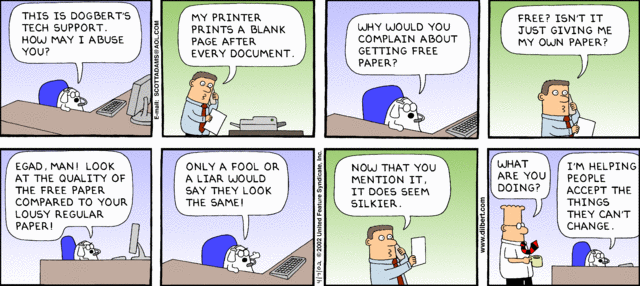

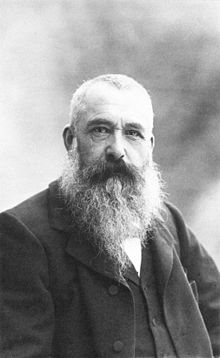


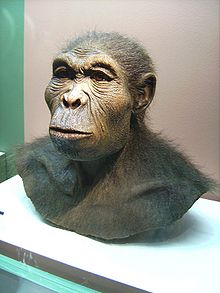
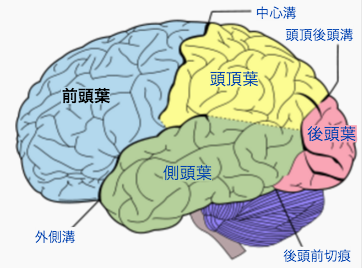
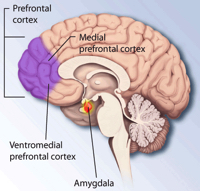
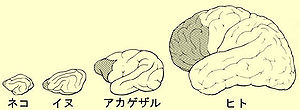 様々な動物の脳。網掛け部分が前頭前皮質。左からネコ、イヌ、アカゲザル、ヒト。徐々に前頭前 皮質の占める面積が広くなっていく。
様々な動物の脳。網掛け部分が前頭前皮質。左からネコ、イヌ、アカゲザル、ヒト。徐々に前頭前 皮質の占める面積が広くなっていく。